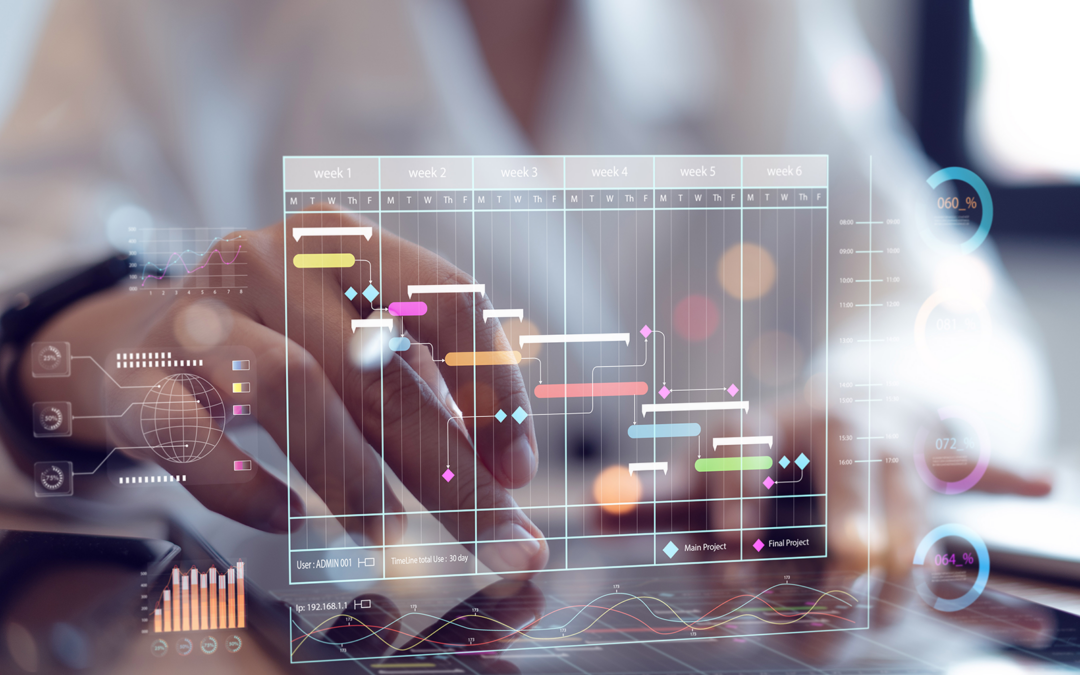At the end of February, Lower Saxony set the course for numerous new digitalization projects: With the “Lower Saxony Digitalization Roadmap”, the state aims to leverage digital potential in business, society and administration in order to actively shape and drive forward the digital transformation.
The catalog, which was developed under the leadership of the Lower Saxony Ministry of Economic Affairs and Digitalization and with the participation of all state ministries and departments, comprises 117 measures and projects that complement the digital policy objectives of the federal government and the EU at state level. In Lower Saxony, digitalization is seen as a cross-sectional task that encompasses and profoundly transforms many areas of society, institutions and the economy.
Key areas of focus include the expansion of modern telecommunications infrastructure, such as fiber optic and 5G mobile networks, as well as research projects and practical applications in the field of artificial intelligence and the use of digital administrative procedures.
The catalog of measures includes numerous pioneering initiatives, including the new Osnabrück AI real-world laboratory of the German Research Center for Artificial Intelligence (DFKI), the modernization of registers and online services in the administration, the new further education course “Vocational Computer Science” (BIF), the further developed digital bonus and the Digital Dashboard Energy & Climate.
The projects are divided into five central guiding principles, which are backed up with clear budgets and timetables:
Mission Statement I – Innovative technologies for business, society, administration and justice
Focus areas: New technologies such as artificial intelligence (AI), extended reality (XR), robotics and low-code transfer science – business
Mission statement II – High-performance and fair digitized economy and science
Focus areas: Demographic change and decarbonization, digitization of companies, digital science, start-ups and promotion of STEM specialists
Model III – Responsible sovereign state
Focus areas: Digitizing public administration, “open data” cybersecurity and informational self-determination
Mission statement IV – Digital participation
Focus areas: Digital infrastructure, education, health and culture, digital society, innovative applications in healthcare
Mission statement V – Sustainability through digitalization
Focus areas: Smart power grids, digital environmental instruments and new mobility concepts, environmental protection through digital technologies
Around 880 million euros are available for the implementation of the measures, of which 761 million euros come from state funds. Further investments will be supplemented by federal and EU funding.
The “Digitization roadmap for digital transformation” on the website of the Lower Saxony Ministry of Economic Affairs, Transport, Building and Digitalization. There is also an interactive version of the digitization roadmap is also available there.

